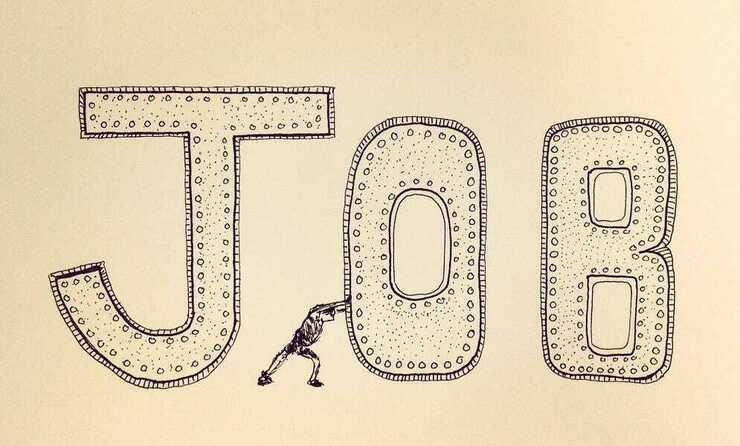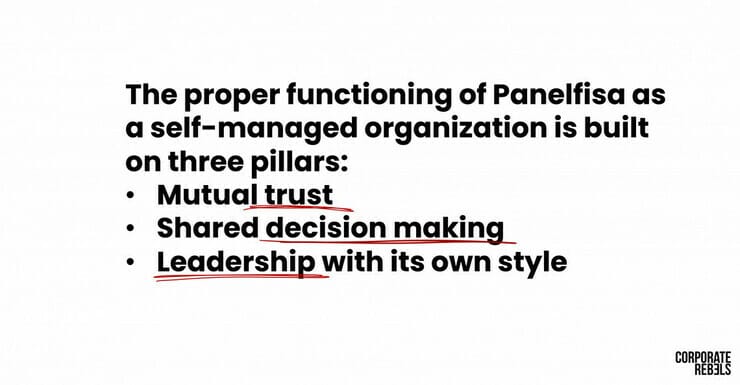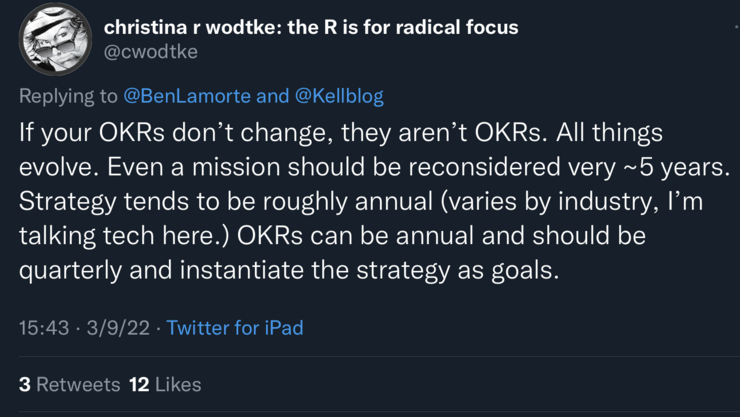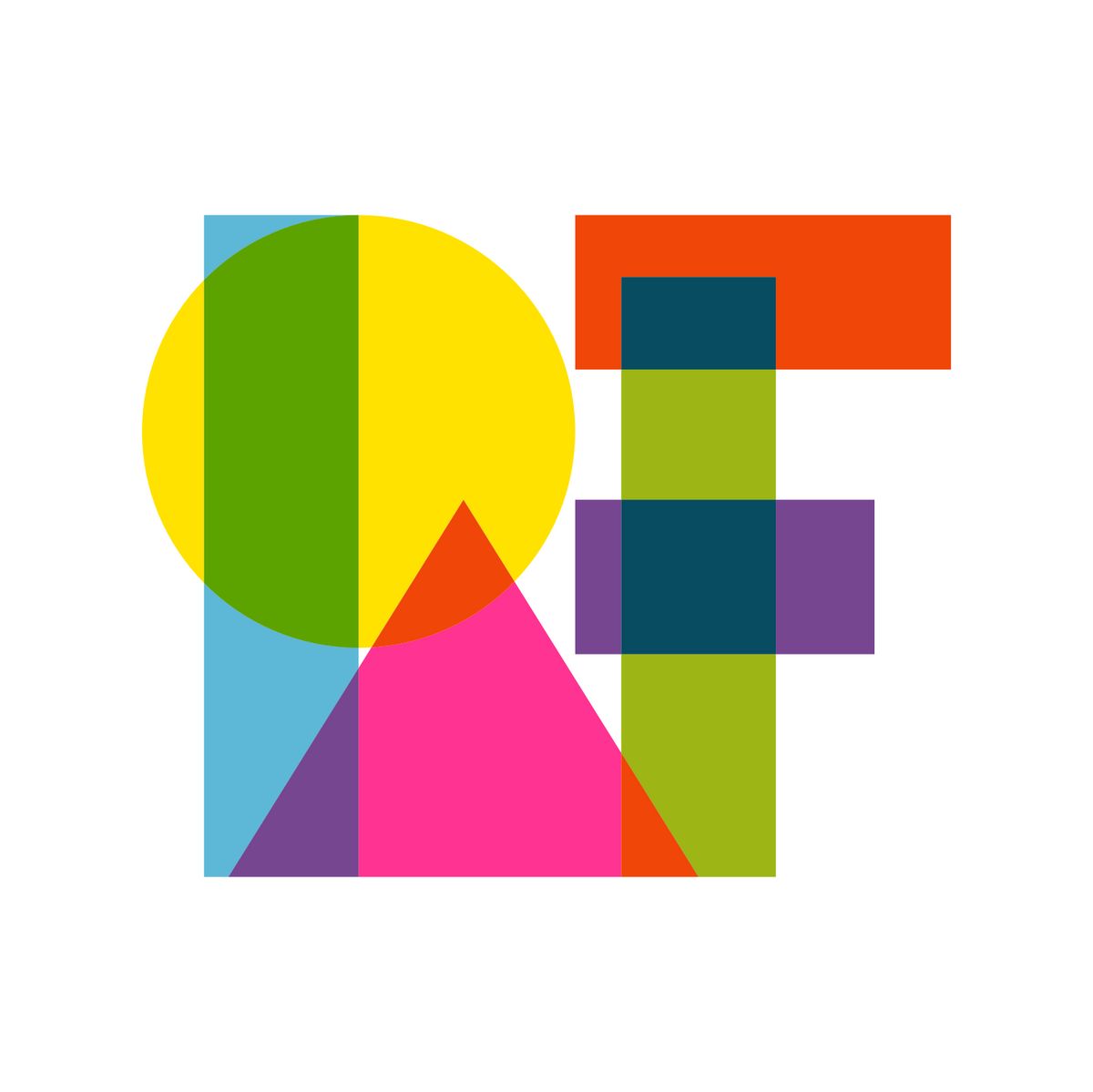Hello!
This week I have mostly been thinking about plans and planning and the unpredictability of everything.
Since we first viewed our new house in June, we've been planning what to do when we got in it. We've been making lists, playing in SketchUp and putting things in Trello. Then we moved in two weeks ago, and priorities immediately changed.
We knew the house needed some updating but hadn't planned for things like the urgent electrical works to make things safe* and add more power sockets; how much the pointing needs doing (the cost of living so close to the sea), or that drain access meant our extension plans would have to change. We also hadn't experienced living in the house, and we based our expectations on how we used our previous house rather than how the new house could meet our needs. And we didn't know how we would be delighted by our new home.
Our plans were a helpful guide, but they have changed and will continue to change based on uncovering unknowns, emerging user needs and how behaviour adapts to new features in unexpected ways.
Plans are useful, and everything changes, which will likely sound familiar to anyone working to create software, products or things.
Enjoy this week's posts, and Happy Friday
Emily
*the electrical work has been done; we can more confidently turn on plug sockets :)
People and culture

TBM 37/52: (Dis)incentives
By John Cutler
Sound familiar? Here’s the problem. Yes, incentives are powerful. But efforts to incentivize people frequently backfire. You end up battling 2nd and 3rd order effects. Team members rarely respond the same way. It is tenuous and potential harmful.
How to Tell If a Prospective Employer Values Psychological Safety
By Susan Peppercorn
Trishia*, one of my executive coaching clients, was driving the regulatory strategy for a global biotech company. At a recent cross-functional Zoom meeting, Gordon*, the VP of product development, publicly questioned Trishia’s approach.
Guiding principle: developing products is about developing people
By Jason Yip
Guiding principle in effective product development culture. Toyota has a phrase “monozukui wa hitozukuri”. It can be roughly translated to “making things through making people”. In other words, developing good products is about developing the people to develop those good products.
The Costs of Being a Perfectionist Manager
By Anna Carmella G. Ocampo and Jun Gu
Our obsession with perfection is increasing: A comprehensive study of perfectionism involving young adults in the UK, U.S., and Canada revealed that perfectionistic tendencies and behaviors have significantly risen — up to 32% over the past three decades.
What to do when a beloved employee quits
By Lara Hogan
When an employee notifies you that they’re quitting, you might feel a range of emotions. Maybe you’re surprised and sad. Maybe you’re unsurprised and glad. Maybe you’re all four at once.
The New Rules of Work Clothes
By Allison Shapira
I remember my first keynote speech for a major Fortune 50 financial institution. I wanted to make a powerful first impression, so I went to Nordstrom and spent 10% of my speaking fee on Jimmy Choo shoes that would “demonstrate my business success.
The 7 Cs: Characteristics of a Leader to Create a Chain of Learning
By Katie Anderson
You’re a learner. A leader. A coach. A team member. A human being. And you want one thing…to create a meaningful impact. How can you do that? The answer may surprise you: knowing everything isn’t a requirement.
Organisations and systems

A Handbook Of A Self-Managed Organization
By Joost Minnaar
The fourth and last part of the handbook is the main part. It covers the self-managed nature of the company. This section starts with an explanation of the company from an organizational design perspective.
Can Design Thinking Succeed in Your Organization?
By David Dunne, Theresa Eriksson, and Jan Kietzmann
Many leaders become discouraged when design thinking doesn’t get the results they expect. They can improve the odds of success by assessing the readiness of their organizations and preparing their teams for a different problem-solving process.
How can the UK improve its productivity? I went to Legoland to find out
By Tim Harford
Few parts of the British economy are as meticulously observed by this columnist as Legoland, a theme park within sight of Windsor Castle.
Setting and measuring goals

OKRs Evolve
By Jeff Gothelf
Christina Wodtke, author of Radical Focus and one of the original proponents of OKRs, tweeted this a few days ago. Her point is clear – your goals, like everything else you’re working on, evolve. They aren’t fixed.
Ask Christina: Confidence Ratings
By Christina Wodtke
Hello readers! I’m going to try out a new series to build up my writing muscle. Do you have a question about OKRs, empowered teams, visual thinking or other things I know about? Ask in the comments! Question: If you’re measuring the KRs regularly (i.e.
Tools and approaches for teams
Debugging Teams: Groundhog Day
By Camille Fournier
Have you ever been on a team that seemed to work very hard but never move forward? Where you look back quarter after quarter, or perhaps year after year, and you did a lot, but nothing actually seemed to happen? Congratulations, you’re in the middle of Groundhog Day.
Other things

The digital-first toolkit
By Slack
Over the past year, we’ve proved as a society that we can be effective, creative and productive working from anywhere – even amid a global pandemic. We’ve adopted alternative working hours, relocated, welcomed unexpected Zoom cameos and got to know our colleagues on a more human level.
Creativity Bootcamp
By Hyper Island
This whole ordeal has led to us collecting some of our favorite tools from our toolbox and ultimately designing our very own , a virtual resource to help you get your creative juices flowing with Hyper Island’s support.



